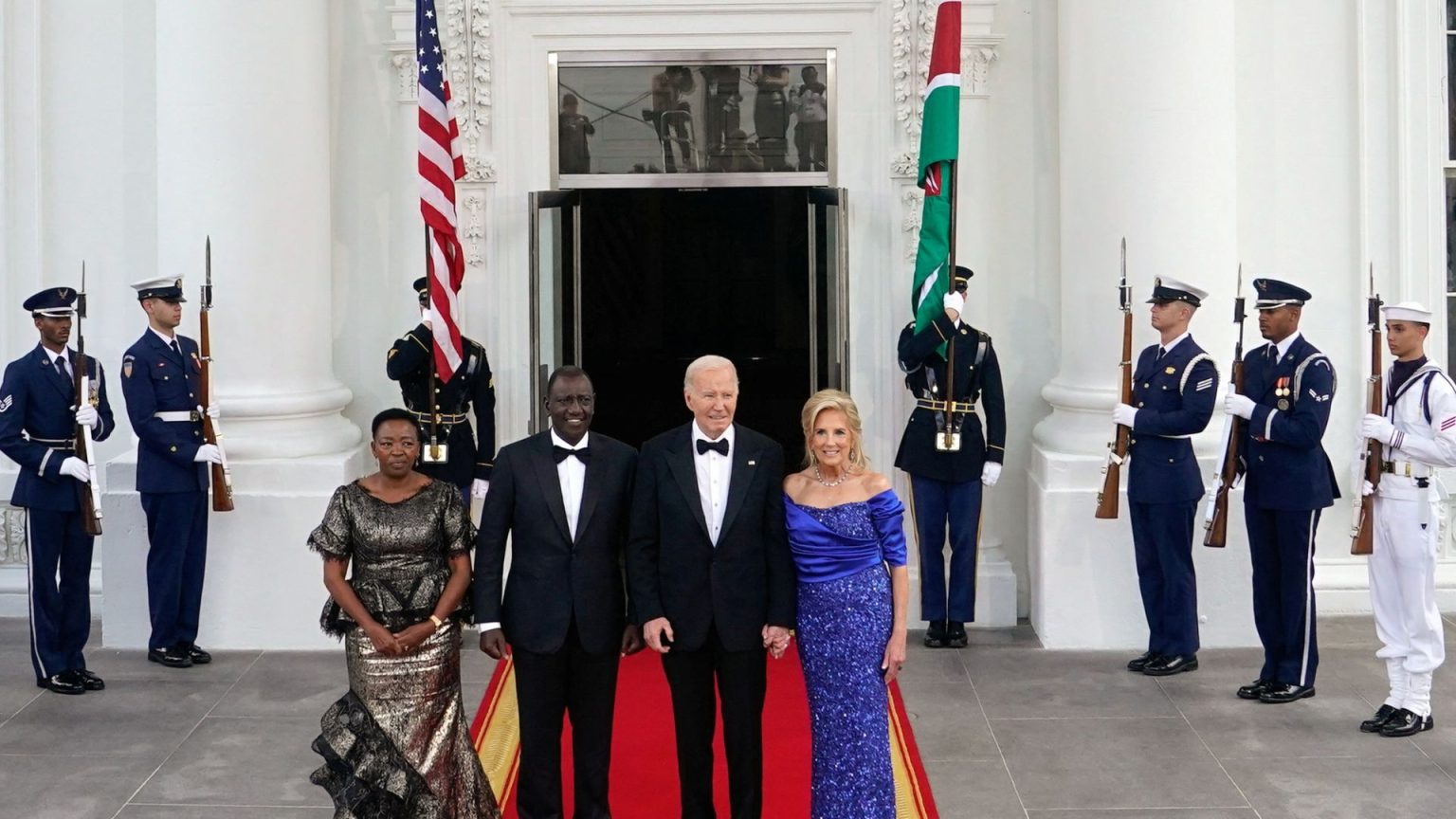The United States has designated Kenya as its first non-NATO ally in sub-Saharan Africa, a move that highlights the strengthening ties between the two countries. The visit of Kenyan President William Ruto to Washington marks the 60th anniversary of diplomatic relations between the US and Kenya, underscoring the importance of their relationship in the region. This visit is also significant for broader United States-Africa relations, as Washington seeks to increase its presence on the continent in response to growing competition from China and Russia, which have made significant investments in infrastructure and increased military presence in certain African countries.
China’s heavy investment in infrastructure projects in Africa has made it a major player on the continent, providing much-needed development assistance in exchange for access to resources. Russia has also increased its military presence in Africa, particularly in West Africa where a series of coups have taken place in recent years. As Washington appears to be playing catch-up in response to these developments, designating Kenya as a non-NATO ally is seen as a strategic move to bolster US influence in the region. The question now is whether the US can fulfil its new promises and how African countries, particularly Kenya, stand to benefit from this closer relationship with the US.
Stella Agara, a governance and security analyst specializing in youth development, believes that the US-Kenya partnership can provide opportunities for economic growth and development in Kenya. By becoming a non-NATO ally, Kenya may gain access to military assistance, training programs, and security cooperation with the US, which could help bolster its security infrastructure and combat terrorism in the region. This partnership could also lead to increased investment and trade opportunities between the two countries, benefiting the Kenyan economy and creating jobs for its citizens.
David Shinn, a professor of international relations and former US ambassador to Burkina Faso and Ethiopia, highlights the importance of the US-Kenya relationship for US interests in Africa. By designating Kenya as a non-NATO ally, the US is signaling its commitment to deepening its engagement on the continent and countering the influence of China and Russia. This move could also pave the way for increased cooperation on issues such as counterterrorism, peacekeeping, and regional stability, which are important for both Kenya and the US. Overall, Shinn believes that the US-Kenya partnership has the potential to be mutually beneficial and contribute to the overall development of the region.
Nicodemus Minde, a researcher with the East Africa peace and security governance program at the Institute for Security Studies, emphasizes the importance of good governance and security cooperation in the US-Kenya partnership. Kenya faces a number of security challenges, including terrorism, organized crime, and political instability, which could be addressed through increased security cooperation with the US. By becoming a non-NATO ally, Kenya could benefit from US expertise and support in strengthening its security institutions, improving its governance structures, and promoting peace and stability in the region. This partnership could also help build trust and understanding between the two countries, leading to closer collaboration on a wide range of issues.
In conclusion, the designation of Kenya as a non-NATO ally by the US represents a significant step in strengthening bilateral relations between the two countries and deepening US engagement in Africa. This move comes at a time when other global powers, such as China and Russia, are increasing their presence and influence on the continent, prompting Washington to ramp up its efforts to maintain its strategic interests in the region. By partnering with Kenya, the US has the opportunity to enhance security cooperation, promote economic development, and foster regional stability in East Africa. Ultimately, the success of this partnership will depend on the ability of both countries to work together effectively and address the complex challenges facing the region.













